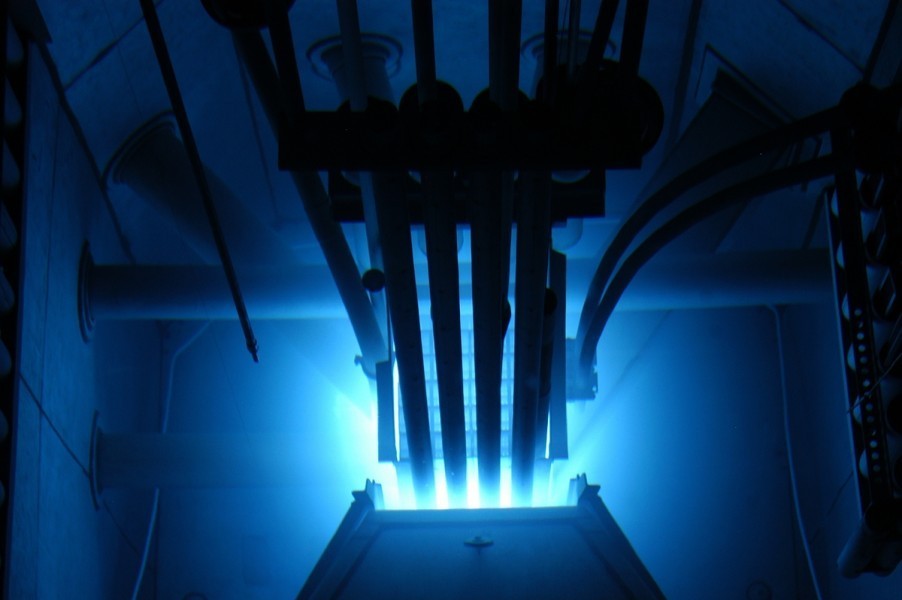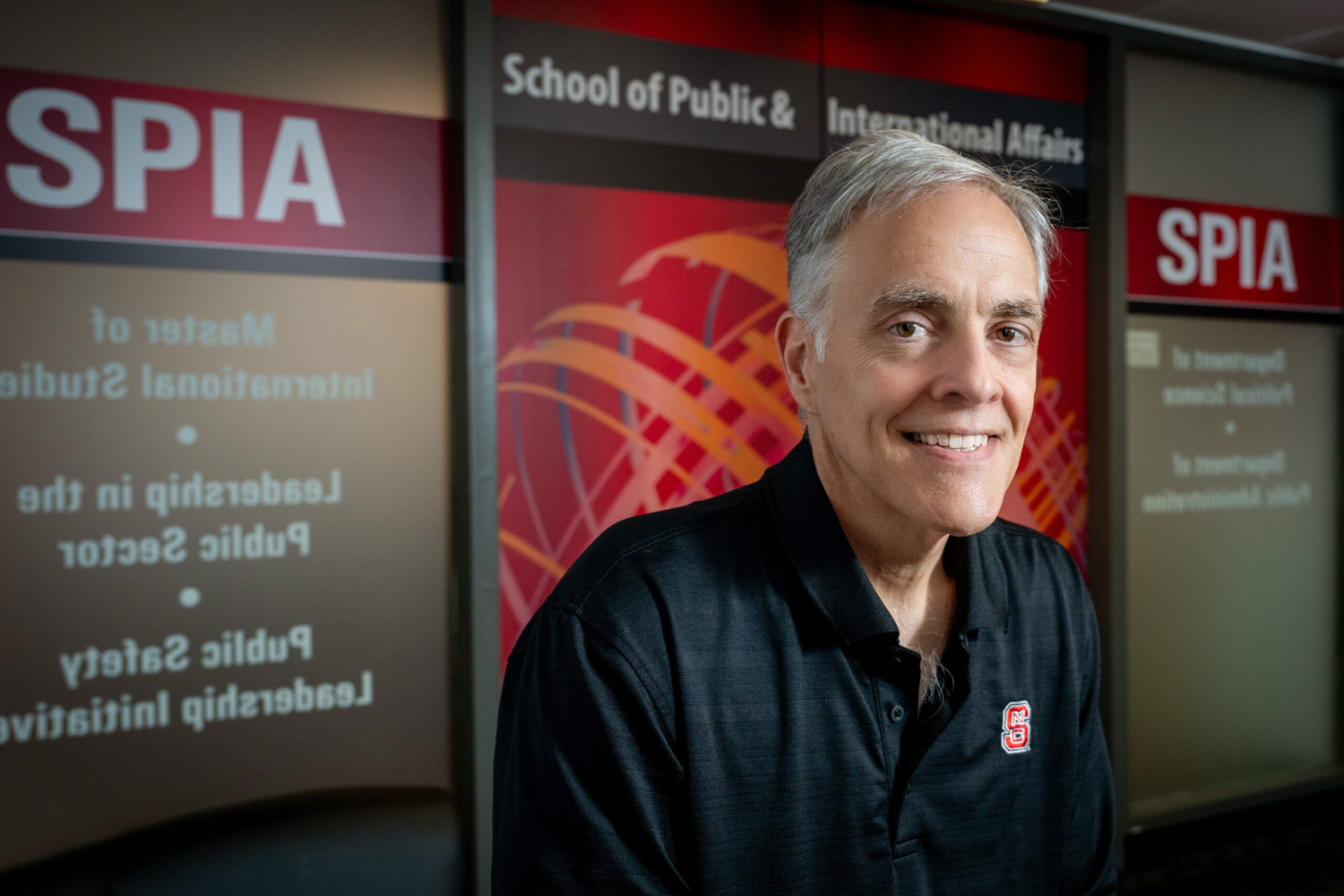Safety and Security Challenges of Nuclear Energy in the 21st Century

On March 17 a panel was brought together of prominent experts from industry, government, the policy community, and international law. The panel consisted of Charles D. Ferguson, President of Federation of American Scientist, William D. Johnson, President and CEO of Tennessee Valley Authority, John F. Ahearne, former Chairman of the U.S. Nuclear Regulatory Commission and Member of the American Academy of Arts and Sciences and Larry D. Johnson Adjunct Professor at Columbia Law School.
The global expansion of nuclear energy could help meet pressing global energy challenges and mitigate environmental dangers, particularly global climate change. There are however, important tradeoffs that would have to be addressed to achieve such benefits. Not least, a greater reliance on nuclear energy brings security and watery risks. These risk are especially difficult to address given disagreements over their magnitude and the most appropriate measures to mitigate their effects. Nuclear energy’s risks and benefits are both likely to accrue disproportionately to different stakeholders and groups.
Nuclear power, which provides about 20% of total baseload (and does so cleanly) has 99 nuclear reactors in the U.S. This energy source is down from a high of 105. By 2050, all will be retired unless they can be refurbished and reloaded with new technolgies to extend their operating lives. According to TVA chief Johnson, the energy glut and the onset of fracking imperil such an extension and the possibility of recapitalization. According to Charles Ferguson, the Iran nuclear deal will say alot about the ability of the IAEA and other international players in nuclear energy to inspect, control and contain nuclear proliferation. “Open-source monitoring and public policy are both critical to the right outcome.” According to Larry D. Johnson, the Iran deal will test the strength of inspection protocols and require new nuke countries who are currently building reactors to put regulatory frameworks that guarantee safety and non-weaponization.


